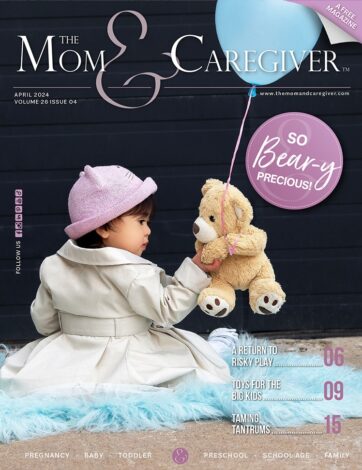How to Know If Your Child Has Croup
One of the things we hope for this winter is that we will see fewer respiratory infections. The precautions that help prevent COVID-19 infection may also lessen the spread of other common respiratory illnesses.
The possible diagnoses in a child who has cough and fever are many, running from a simple common cold to pneumonia. One of the more identifiable is croup. This respiratory illness typically occurs in children from the age of six months to three years.
What’s croup?
Croup is caused by a viral illness that results in the swelling of the voice box (larynx) and airways (trachea and bronchi). The two hallmark symptoms of croup are a harsh cough and stridor. Stridor is a raspy sound that occurs with breathing in. The cough of croup is often described as being similar to a seal barking.
The diagnosis of croup is based on the history and examination. Tests are rarely required. The symptoms are most pronounced at night time. The following link gives an idea of how the cough and stridor sound:
https://www.youtube.com/watch?v=RXJxtAHtkcs
Via American Family Physician Journal
Treating croup at home
The home treatment of milder croup is humidification and cool air. Keeping the window open a crack and using a vapourizer or humidifier in your child’s room may help the cough and shortness of breath. Running a hot shower and steaming up the bathroom when your child wakes at night can also help. Often when children travel to the emergency room at night, they get better en route due to the cold night air.
When to see your healthcare provider
Sometimes children require more care if they are distressed or short of breath. Steroids can be useful in the emergency room setting. Often only one dose is required. This has been one of the more recent advances in the treatment of croup as we recognize that less medication may be needed to achieve the same result.
Let us hope that the winter generally brings less illness as we continue to distance, wash hands and wear masks. However, we should be prepared to deal with the possibility that our children may develop these common winter respiratory illnesses.
Dr. Bhooma Bhayana is a family physician in London and the mother of two young men and proud grandmother of three! She continues to find wonder and enjoyment in family practice despite more than 30 years on the job!














